Inner Join 4 Tabel
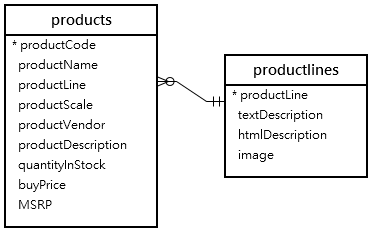 Mysql Inner Join By Practical Examples
Mysql Inner Join By Practical Examples
Perfect INNER JOIN query on multiple tables

Hello forums!!
I have some questionaire regarding INNER JOIN among multiple tables. I always got confused about where to start (which table) & then which table thereby in case of multiple tables.
I have screenshot of ERD attached, I think relation between them is obvious as picture worths more than thousands of words. I want to perform the INNER JOIN query on this. I would like to know the which table to start with and then which table(moreover perfect inner join query) , I mean to say like this:
SELECT * FROM ?1 INNER JOIN ?2 ON ... INNER JOIN ?3 ON ... ...so Can somebody make perfect INNER JOIN query on those table ( attached ERD)? Thanks
it all depends on which data you want back
are there any WHERE conditions?
if not, then it doesn’t much matter which tables you start with
by the way, you might also want to take a moment and explain what your tables are for
what’s a param?
Ok let me explain about tables: shops (it’s clear i think) widgets (it’s clear too) shops_widgets (shop & widget are related here) widget_params (params of a widgets are related here) shop_widget_params (relates the param values of a widget)
What i want to fetch is: widget_params.param & shop_widget_params.param_value
And Where condition would be shop_id
Hope this is much clearer now.
I’m not sure if that would work for what you need it to do:
SELECT widget_params.widget_param , shop_widget_params.param_value FROM widget_params INNER JOIN shop_widget_params ON shop_widget_params.widget_param.id=widget_param.id WHERE shop_widget_id=1 Could you provide some sample data? My suspicion is that your tables could to with being reorganised and/or normalised.
First of all sorry for the late reply. If i write following query
SELECT wp.widget_param, swp.param_value FROM shop_widget_params swp INNER JOIN shops_widgets sw ON swp.shop_widget_id = sw.id INNER JOIN widget_params wp ON swp.widget_param_id = wp.id INNER JOIN widgets w ON wp.widget_id = w.id #* INNER JOIN shops s ON sw.shop_id = s.id WHERE s.id = ? is this the perfect one?
or am i missing any other join conditions here? like
AND sw.widget_id = w.id in #* line
SELECT wp.widget_param, swp.param_value FROM shop_widget_params swp INNER JOIN widgets w ON wp.widget_id = w.id #* INNER JOIN shops_widgets sw ON swp.shop_widget_id = sw.id INNER JOIN shops s ON sw.shop_id = s.id INNER JOIN widget_params wp ON swp.widget_param_id = wp.id WHERE s.id = ? What about changing the orders like above
Are the users not getting my post meaning ?
Post a create table query and some sample data.
SELECT w.id ,wp.widget_param ,swp.param_value FROM widgets w INNER JOIN shops_widgets sw ON w.widget_id = sw.widget_id AND sw.shop_id = 4 INNER JOIN widget_params wp ON w.id = wp.widget_id INNER JOIN shop_widget_params swp ON wp.id = swp.widget_param_id AND sw.id = swp.shop_widget_id That should yield all widgets inside shop 4 with each widgets param and shop 4 value for the param.
What’s difference between this:
SELECT wp.widget_param, swp.param_value FROM shop_widget_params swp INNER JOIN shops_widgets sw ON swp.shop_widget_id = sw.id INNER JOIN widget_params wp ON swp.widget_param_id = wp.id INNER JOIN widgets w ON wp.widget_id = w.id AND sw.widget_id = w.id INNER JOIN shops s ON sw.shop_id = s.id WHERE s.id = 4 Both gives the same results.
Your inner join ordering is: => widgets, shops_widgets, widget_params & shop_widget_params And mine inner join ordering is:
=> shop_widget_params, shops_widgets, widget_params , widgets
Very serious Question for me: Which ordering is perfect in case of multiple INNER JOINs?
I don’t understand why you are talking about the perfect order. The DBMS will rearrange the order in which tables are accessed depending on the estimated selectivity for different search condition and the presence of suitable indexes.
You mean the way oddz has performed & mine has no differences ? If there is no differences, then while writing multiple joins what’s the convenient . Suppose for example: 1> start with the parent table then its child … 2> start with the child table then its parent… etc…
which convenient to follow? or which convenient do you follow?
I can’t say that I have any convention. It’s up to you to decide what is convenient for you.
i do have a convention – i try to write the FROM clause in the order that makes logical sense, and this is often determined by the “driving” table, i.e. the table which has an associated WHERE condition
for example, to find all books written by a given author, it would be
FROM authors INNER JOIN book_authors ON book_authors.author_id = book.id INNER JOIN books ON books.id = book_authors.book_id WHERE author.id = 42 this sequence makes sense, don’t you think?
here’s a different sequence –
FROM book_authors INNER JOIN books ON books.id = book_authors.book_id INNER JOIN authors ON book_authors.author_id = book.id WHERE author.id = 42 two questions for you:
-
what does this query do compared to the previous one?
-
do you think it will perform differently?
Thanks rudy for sharing your valuable convention. I apologize for my mistake: i mean to write convention but it was written convenient.
Question of your ans: 1> Later one is the style of mine i do. One thing i would like to note that… Generally its my conventions( i used to think in this way).
When i write
FROM table1 INNER JOIN table2 then there must be some join condition between table1 & table2… may be i am wrong and this was the case in your first query in which there was no any join condition between authors & book_authors .
2> no idea, have to run the query
OMG, i am so sorry, my sample queries both had a typo!!
the first query should be like this –
FROM authors INNER JOIN book_authors ON book_authors.author_id = [COLOR="Blue"]authors[/COLOR].id INNER JOIN books ON books.id = book_authors.book_id WHERE author.id = 42 the second query should be like this –
FROM book_authors INNER JOIN books ON books.id = book_authors.book_id INNER JOIN authors ON [COLOR="blue"]authors[/COLOR].id = book_authors.author_id WHERE author.id = 42 now which one makes more sense? which one will perform better?
To be frank, i used to start from the the child tables (which has parent ids) i.e. book_authors. So i used the later one style of coding irrelevant of where condition.
Which one makes more sense: I think the first one… since we have FROM
author…
…WHERE author.id = ?
But no idea about performance issues
a good optimizer will create the same execution plan
it was a trick question
but only for inner joins – for outer joins, sequence ~does~ make a difference
if you have ever tried to read and understand someone else’s complex query, being able to “see” what the query is trying to do, what the logic is, based on how it is written – this is very advantageous
when you write sql, remember, the person that has to read it and understand it later is you
Thanks rudy for your suggestion.
But you haven’t explained on performances.
Rudy, is there any tutorials for mastering INNER JOINS ? Thanks once again
yes, there are tons of them
Gallery Inner Join 4 Tabel

 Sql Inner Join 4 Tables Or More Tables Moinrazakhan Web
Sql Inner Join 4 Tables Or More Tables Moinrazakhan Web
 Sql Joins Explained Inner Left Right Full Joins Edureka
Sql Joins Explained Inner Left Right Full Joins Edureka
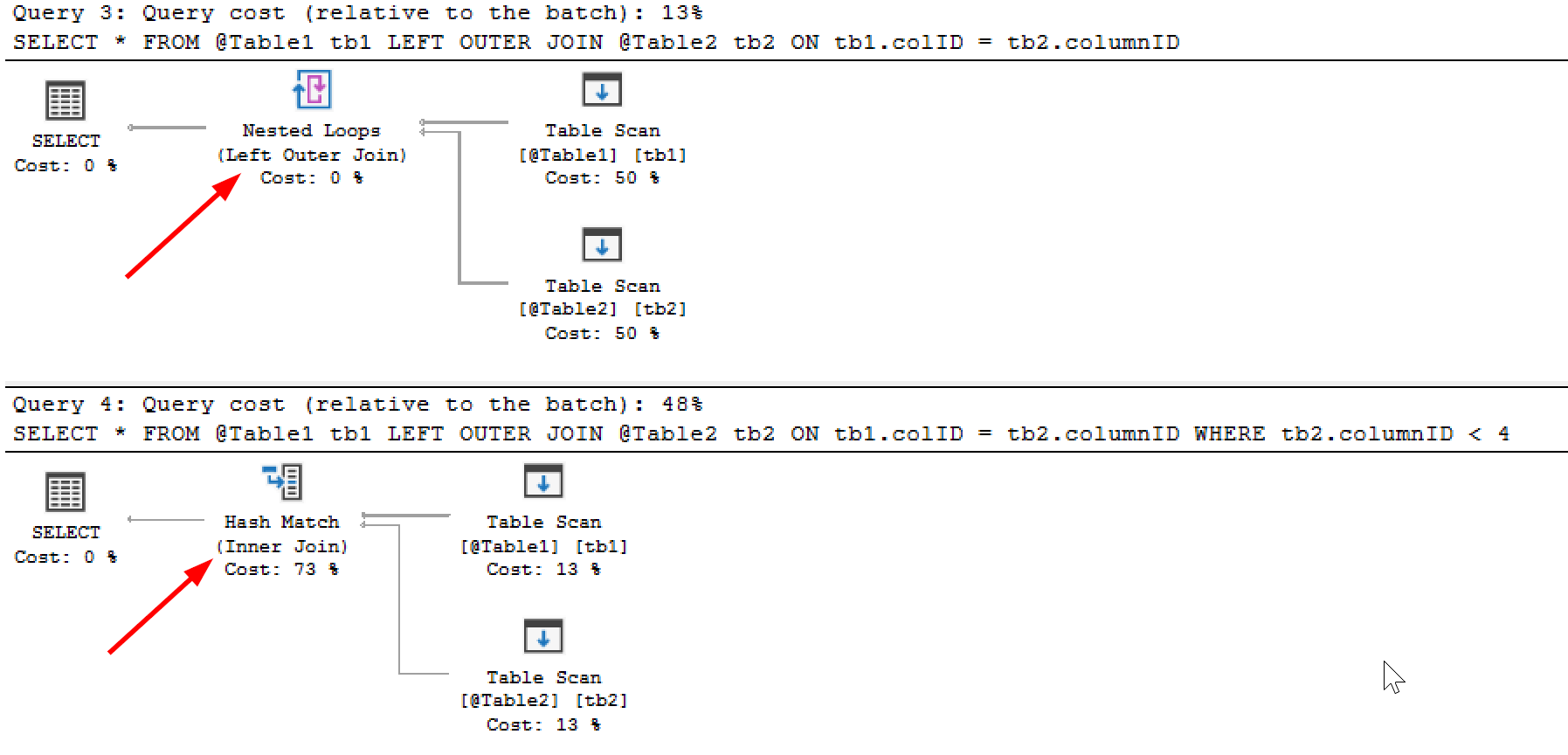 Sql Tip Left Joins And Where Clauses Are They Really Left
Sql Tip Left Joins And Where Clauses Are They Really Left
 Javarevisited How To Join Three Tables In Sql Query Mysql
Javarevisited How To Join Three Tables In Sql Query Mysql

 Sqlite Inner Join With Examples
Sqlite Inner Join With Examples
 Working With The Left Join In Sql 365 Data Science
Working With The Left Join In Sql 365 Data Science
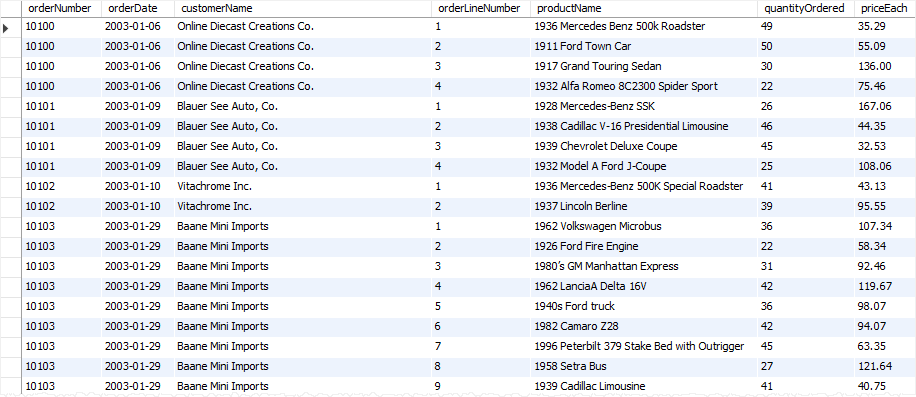 Mysql Inner Join By Practical Examples
Mysql Inner Join By Practical Examples
 How To Perform An Inner Join In Sap Bods And Execute It Via
How To Perform An Inner Join In Sap Bods And Execute It Via
 4 Tables Inner Join Sql Statement Stack Overflow
4 Tables Inner Join Sql Statement Stack Overflow
 Cds View With Join Sap Generation N T
Cds View With Join Sap Generation N T
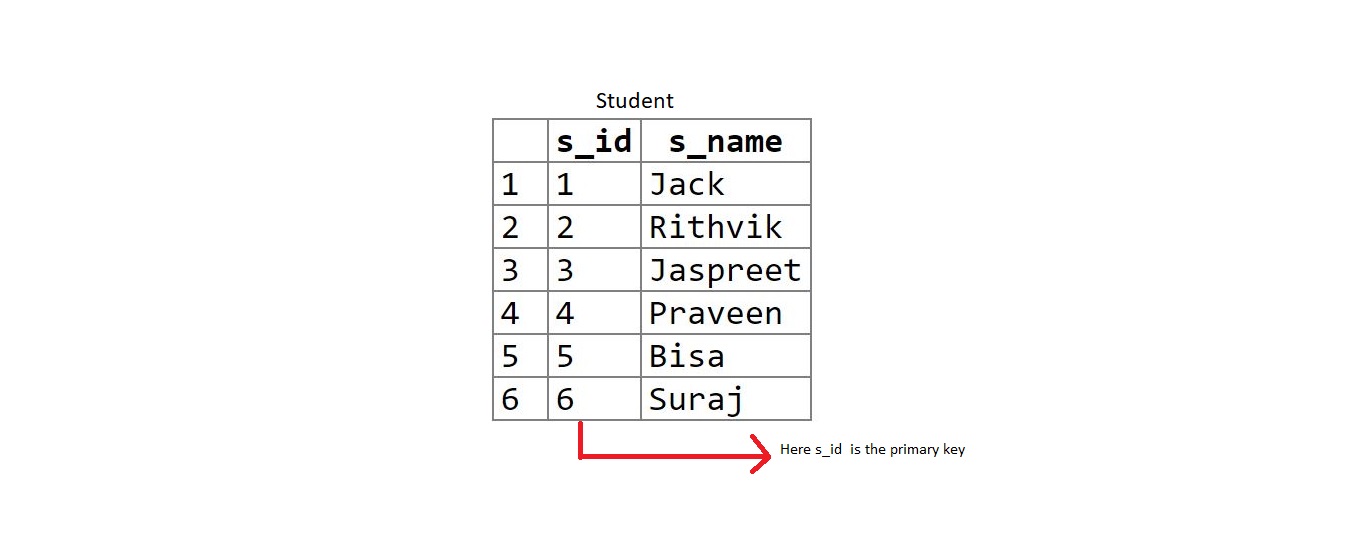 Joining Three Or More Tables In Sql Geeksforgeeks
Joining Three Or More Tables In Sql Geeksforgeeks
The Secret Life Of Your Database Part 2 Join Tables
 How To Link Tables In Access Using An Inner Join Data To Fish
How To Link Tables In Access Using An Inner Join Data To Fish
 Sql Join Types Explained In Visuals
Sql Join Types Explained In Visuals
 Join Elimination When Sql Server Removes Unnecessary Tables
Join Elimination When Sql Server Removes Unnecessary Tables
![]() Inner Join 4 Table In Server Side And Active The Searching
Inner Join 4 Table In Server Side And Active The Searching
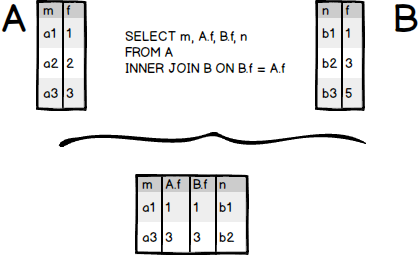 Sqlite Inner Join With Examples
Sqlite Inner Join With Examples

0 Response to "Inner Join 4 Tabel"
Post a Comment